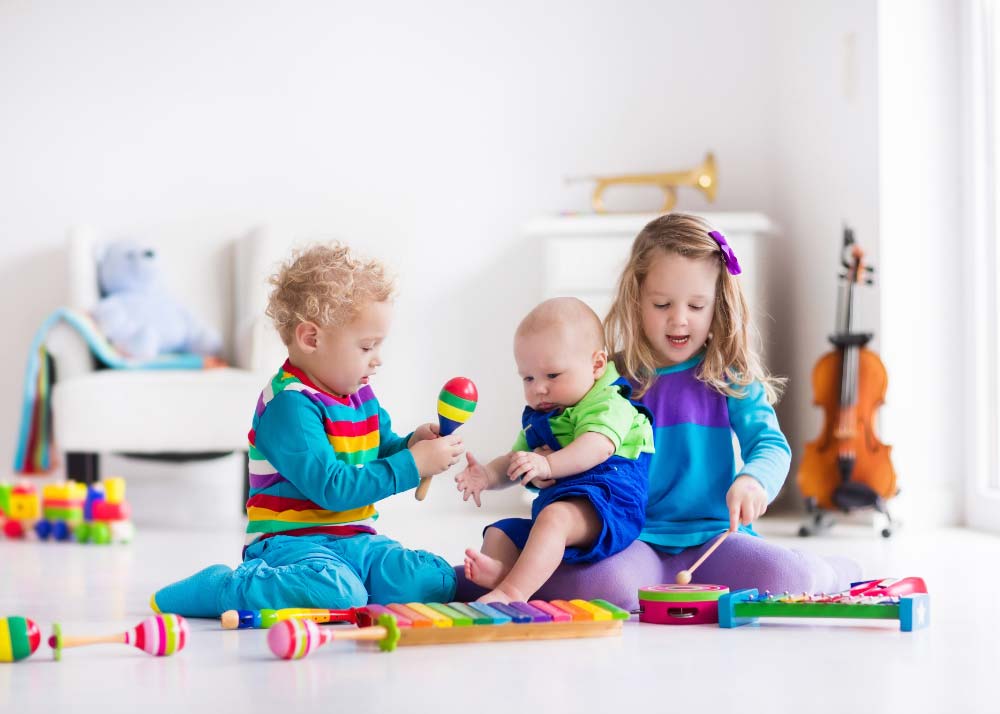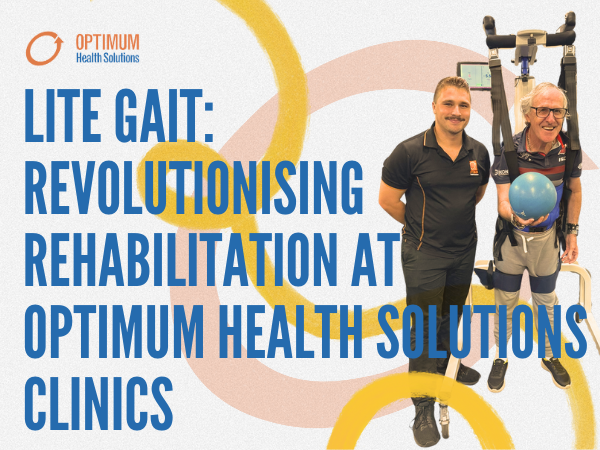How do I help my child cope with transitions?
Children are creatures of habit and thrive from routines. Over the course of a day routines move and change, with many transition points that can go smoothly or lead to behaviours such as crying, screaming or tantrums. There are many useful strategies parents and teachers can use to assist children to experience smoother transitions. Different strategies work for different people, so it’s important to experiment and see what works for your child.
Here are my top 5 tips for helping children through transitions:
1. Preview: Many children benefit from knowing what to expect each day and many rely on routines to help provide them with structure. This may be as simple as a conversation over breakfast, or it might involve sitting down with your child in the morning and laying out a visual schedule of what the day is going to look like. If the child knows they’re going to have breakfast, get dressed and go to the shops, they’re more likely to feel comfortable with transitions from one activity or environment to another if they’ve been set up for success.
2. Make it clear how long the activity will last: Many kids benefit from knowing how long an activity will last before packing away. A very sudden change is likely to be met with resistance or intense emotions. Imagine queuing for hours for the latest iPhone and having the shop close its doors when you finally get to the front of the line. It would be frustrating to just wait until next time and try again. Giving your child a time frame so they know when to expect to finish can do wonders. For example, “10 more minutes of play then we’re going home.” This can give your child time to prepare for the transition and complete any last activities they wanted to do before finishing up. Your child is likely to need a few reminders after the initial warning to help reinforce the idea that the transition is coming e.g “5 more minutes, then we’re going home” then repeat again at 1 minute to go. If your child struggles with the concept of time, try using a visual timer with a clear picture of time slowly running out, or count down the number of turns left with the activity e.g 5 more turns on the swing.
3. Distractions for difficult transitions: Leading a child into a new environment can be overwhelming or unsettling. Putting favourite activities or toys in place during the transition can help make transitions more positive and give them something to do to distract them. For example, can they run through bubbles to get all the way to the car after therapy, or can they jump like a kangaroo till they reach the school gate?
4. Involve your child in decision-making: Transitions may be a power struggle for some children and some may be less compliant if they feel powerless about decisions. Involving them in the process where possible can help. For example “when we’re dressed for the park, do you want to bring your bike or your dinosaur toy?”
5. Discussing feelings: Feeling disappointed when it’s time to finish is natural. This can be used as an opportunity to explore feelings and help your child express themselves in an appropriate way when they’re upset. Try to validate your child’s feelings and encourage them to express themselves without playing up or having a tantrum. For example “I can see you feel frustrated that you didn’t have time to finish the game.” If your child does play up or respond negatively, it’s important not to reinforce the behaviour by allowing them more time.
How An Occupational Therapist Can Help
It can take time to find the right strategies that work for your child. If you’ve tried a few of these tips and are still finding transitions difficult, contact an Occupational Therapist to discuss your child’s needs and some more specific strategies that may work for them.








